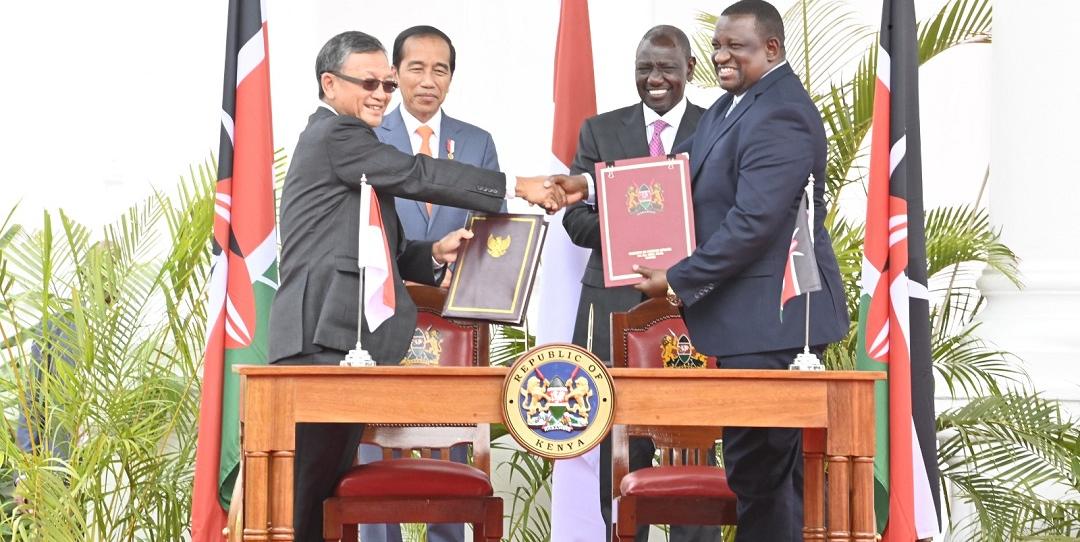
- Bilateral discussions between Kenya and Indonesia resulted in agreements aimed at boosting local healthcare production capacities.
- Kenya's Biovax and Indonesia's BioFarma join forces to develop vaccines and pharmaceuticals.
- The partnership aims to enhance healthcare self-reliance and mitigate future supply chain challenges.
In addition to six agreements on food security, mining, and renewable energy, Kenya has negotiated a contract with Indonesia to produce and distribute drugs and vaccines as the nation revamps its pharmaceutical industry.
Following bilateral discussions between President William Ruto and President Joko Widodo of Indonesia, agreements were reached that will allow Kenya's Biovax and Indonesia's BioFarma to work together to develop pharmaceuticals and other vaccinations for easy access between the two nations, as reported by the East African, a news publication with news centered on East Africa.
The two businesses will examine the commercialization of the vaccine portfolio that BioFarma will produce in Kenya under the terms of a health memorandum of agreement (MoU). The Kenyan government has committed up to Ksh2 billion ($13.85 million), according to the Health Ministry, to the Biovax initiative, whose main goal is to produce COVID-19 vaccines and other shots.
The most recent development occurs as Kenya's government pushes for local health product manufacturing to reduce excessive importation and generate employment.
“It is time for us to work collaboratively, and bring on board the private sector to ensure that we develop a capacity to produce vaccines and other pharmaceutical products for our countries. We should never find ourselves in the place where we did when the COVID-19 pandemic hit, where we didn’t have facilities to produce our own vaccines,” said President Ruto.
Read also: Kenya's export revenues to the US dip to a 20-year low amidst shilling depreciation
In order to strengthen regulatory collaboration for pharmaceutical goods, the Kenya Pharmacy and Poisons Board and the Indonesia Food and Drug Authority also signed a Memorandum of Understanding.
“Kenya is open for business. An important step in this direction must continue to be the easing and gradual removal of visa restrictions between our two nations. For our part, Kenya has decided to extend visa-free entry not only to diplomatic passport holders,” said Dr. Ruto.
The two nations also agreed to cooperate in mining and geology, which would involve cooperative research projects, information exchange, and capacity building. Both nations also spoke about investing and trading, as well as working together in both higher and primary education.
“To entrench business-to-business relations that are the lifeblood of thriving inter-state cooperation, six other MoUs were signed between our trade facilitation institutions during this visit in the following sectors: oil and gas, pharmaceuticals, edible oils, agriculture including livestock exports and garment manufacturing,” said President Ruto.
In addition, the Kenyan President disclosed that Nairobi and Jakarta were finalizing the specifics of a potential preferential trade pact.
“We also discussed the importance of concluding a bilateral investment treaty that will provide a stable and predictable investment environment, which is a prerequisite for accelerated private sector investment. We have tasked our joint teams to complete the drafting of this instrument within the next 90 days,” he said.
With a favorable trade balance with Kenya, Indonesia expects to send $580 million (Ksh83.75 billion) worth of commodities to Nairobi by the year 2021, with palm oil serving as the primary export.
As local demand for cooking oil has continued to climb, the nation's exports to Kenya, which comprise hot-rolled iron bars and stearic acid, have increased at an annualized pace of 14.5% over the previous 26 years.
The 'Mama Pima' edible oil initiative was officially inaugurated in Nairobi after bilateral negotiations by government representatives. The project, which is a collaboration between the governments of Kenya and Indonesia, intends to provide traders access to cooking oil ATMs so they may offer the product to customers for inexpensive costs.
Read Full Story

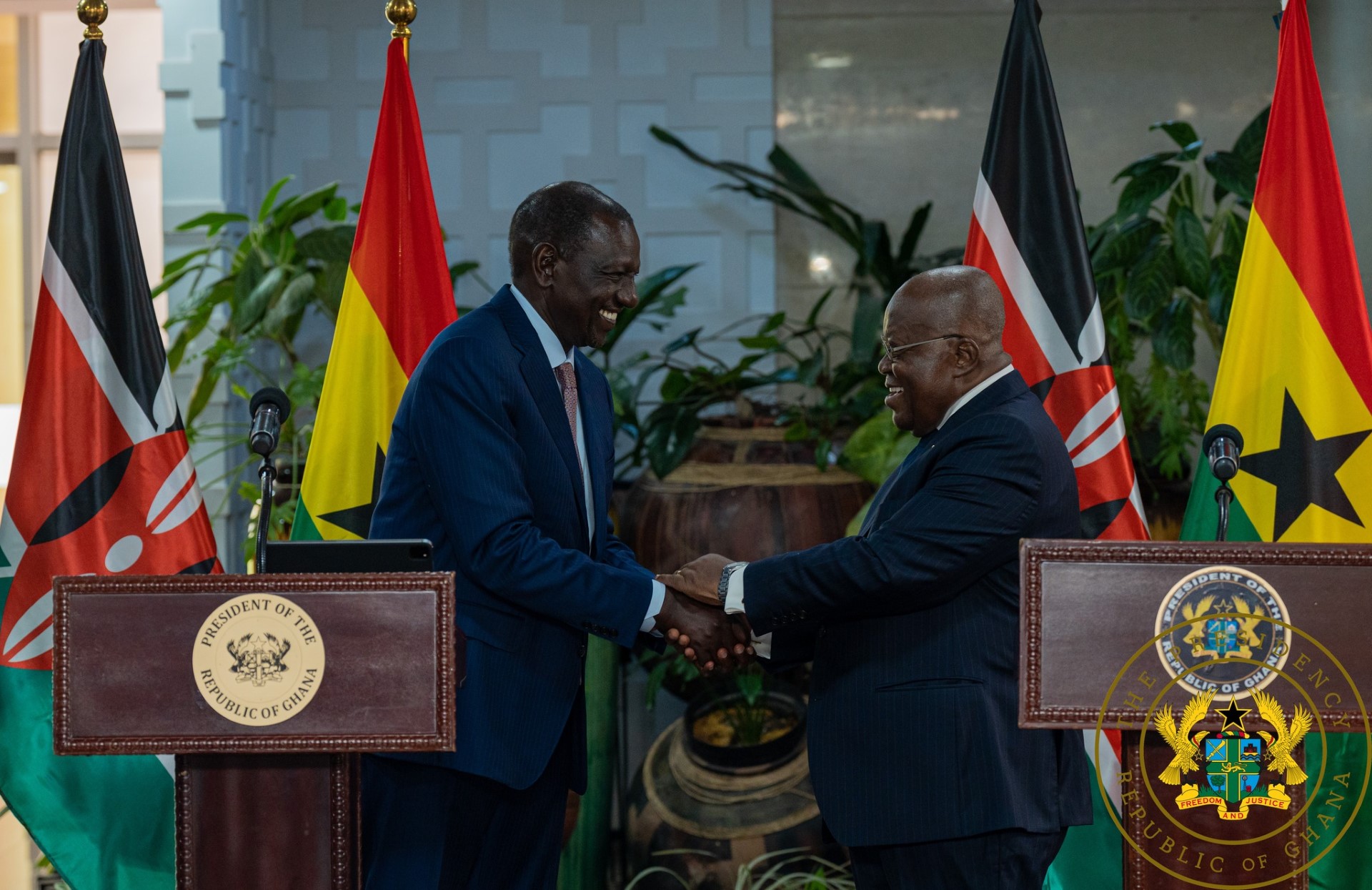
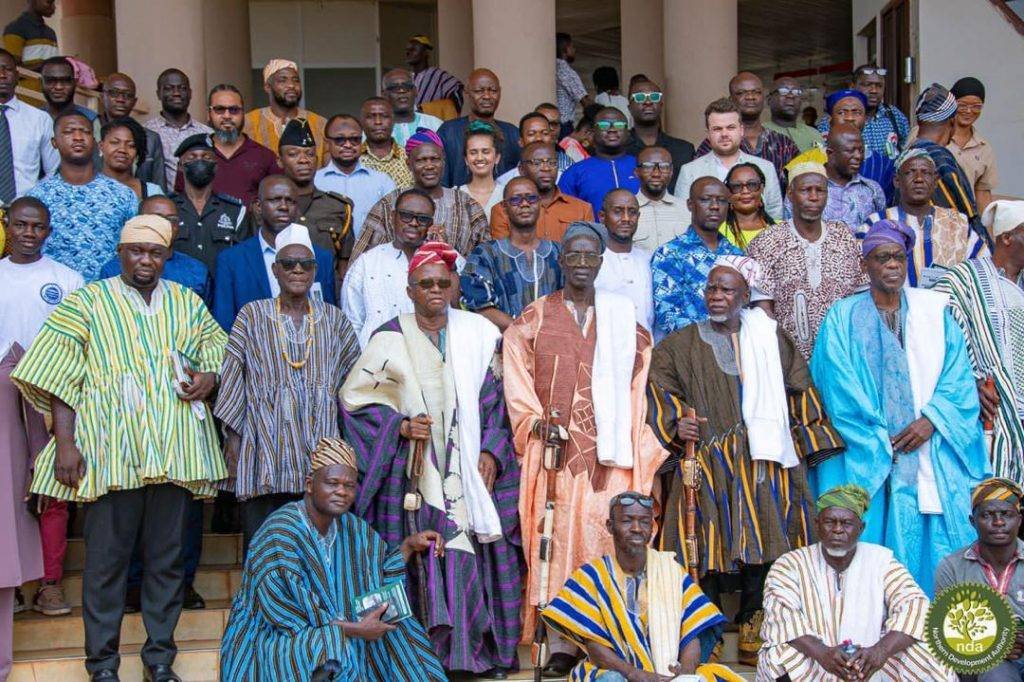
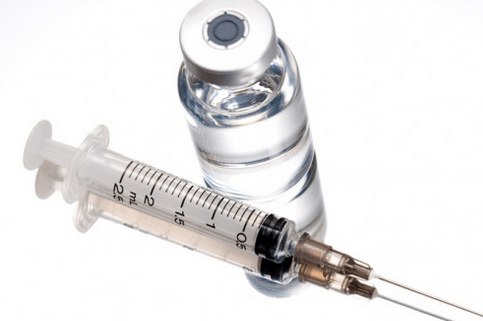
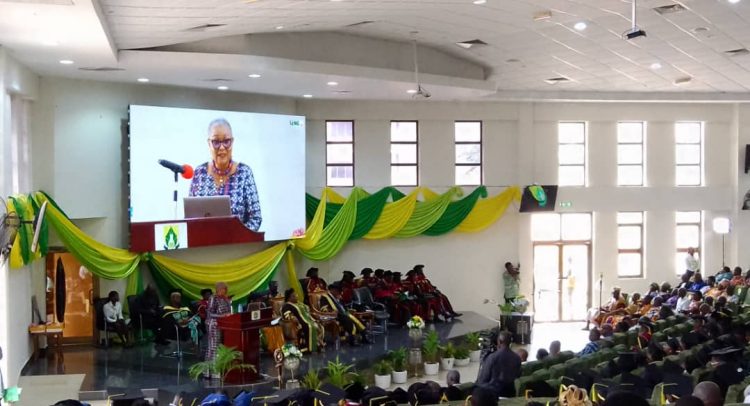
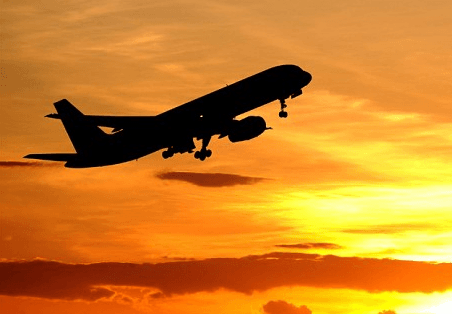









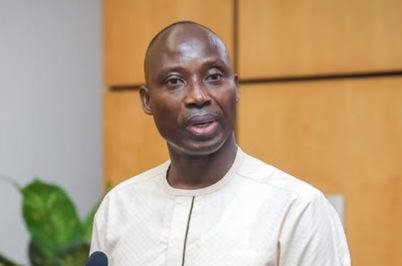







Facebook
Twitter
Pinterest
Instagram
Google+
YouTube
LinkedIn
RSS